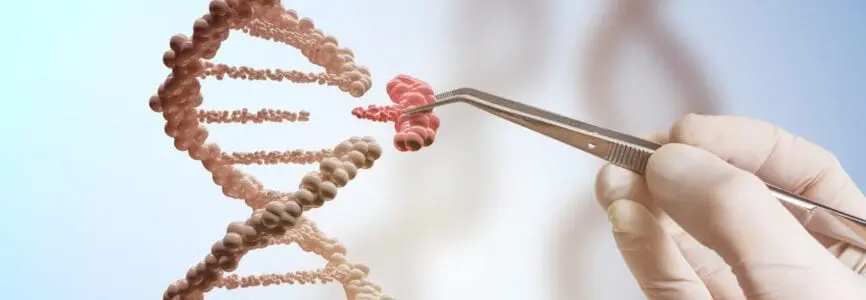Hastings Center News
Josephine Johnston Tackles Gene Editing in “Prestigious Speaker” Series
Using gene editing to modify genes responsible for devastating illnesses such as cystic fibrosis seems overwhelmingly desirable, but could there be unintended consequences? Might the ability to select for certain traits in human embryos increase discrimination or merely reflect it? These were two of the questions addressed by Josephine Johnston, The Hastings Center’s director of research, during a series of public events across New Zealand about the promises and pitfalls of gene editing. Johnston, a New Zealander, was selected for the Prestigious Speaker series presented by the Royal Society of New Zealand and hosted by Kim Hill, a journalist with Radio New Zealand, the country’s public broadcaster.
The panel discussions focused on the use of gene editing for a wide range of purposes: to treat illnesses, help create healthier and possibly “enhanced” babies, for developing crops resistant to blights and animals that yield more meat, and to eliminate nonnative predators. Johnston also gave a lecture to a packed audience at the Royal Society about the role of values in developing public policy on gene editing.
The Royal Society captured some of the key points made during the events.
#genetalk Josie Johnston talks about ethical issues for gene editing humans – inventor Doudna called for prudence in 2015. pic.twitter.com/xRSM9MZab7
— Royal Society NZ (@royalsocietynz) September 27, 2017
Societal permissìon before we allow gene edited organisms into natural environment? PNth #genetalk w @bioethicsjosie #KimHill pic.twitter.com/68MUcNGOa7
— Royal Society NZ (@royalsocietynz) September 26, 2017
While the implications of gene editing are far-reaching, the ethical concerns can be broken down into a few key areas, Johnston said in an interview with the Otago Daily Times. These include whether gene editing, particularly in the context of creating heritable changes, is “the right role for humans to play in the world.’’ Another concern is whether we know enough about the science of gene editing to avoid making changes that result in unfortunate consequences for future generations.
In an interview with New Zealand Public Radio, Johnston discussed the possibility that gene editing could be used to eliminate specific traits before birth, particularly those that some view as disabilities. “If [we’re] worried about people using gene editing to eliminate certain disabilities, one way [we] can deal with it is ban that use,” she says. Another way “is to make society more welcoming for individuals with disabilities, which reduces some of the social pressure on parents to make that kind of choice.” Listen to the interview here.
Despite the concerns, Johnston sees tremendous promise in gene editing. She met with people from New Zealand’s ministry of the environment to discuss the potential uses for gene editing and considerations for regulation. “New Zealand is interested in its use in humans and in agriculture, and especially in the possibility of using gene editing to help meet the country’s goal of eradicating invasive predators by 2050,” she says. “New Zealand is committed to public engagement as part of developing public policy.” Johnston is a principal investigator on The Hastings Center’s project on gene editing and human flourishing.

